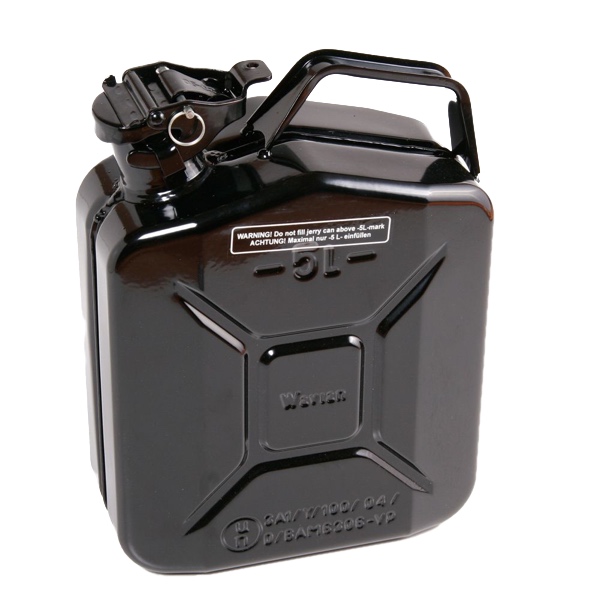Spare Parts & Fluids You Should Carry
Updated:
1. Never attempt to remove or replace any vehicle part while the engine is running or the ignition is switched on. Always ensure you are in a safe place before you start and if you are not completely sure how to tackle a part replacement, get someone else to do it.
2. Most sprays come in compressed canisters. They are usually extremely flammable, so make sure to keep them out of direct sunlight and away from sources of ignition or puncture. Always wear rubber/vinyl gloves when using sprays and make sure not to inhale or spray into eyes or other places you wouldn't want a nasty burning sensation. Check the warnings before use.
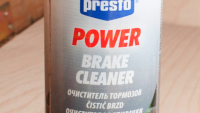
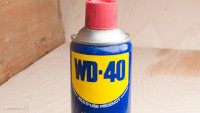
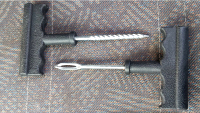
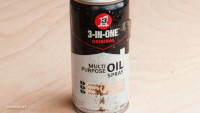

Youtube: googlevideo.com, youtube-nocookie.com, Youtube: googlevideo.com, youtube-nocookie.com, Youtube: googlevideo.com, youtube-nocookie.com.
Your van has thousands of parts, so carrying spares for everything is impossible, unless you want to haul another van around with you (you don't). But there are some parts that it makes sense to carry with you, as replacing them in an emergency can cost you thousands of euros and days, or even weeks, waiting for delivery.
I speak from experience, of course (![]() A Dutch Adventure), so here is my list of essential parts you should always have in your van...
A Dutch Adventure), so here is my list of essential parts you should always have in your van...
Parts
Alternator
If it dies, you will end up with a dead battery sooner rather than later.
On some vans, changing an alternator is a ten-minute job. There are usually only three or four bolts and a tensioner, so you only need a ⅜" ratchet handle and a single socket to do the job. You may also need a 10mm spanner to remove the earth cable, but it's easy to get to and usually not very tight. The size of the main socket will depend on your van, but will most likely be 13mm / ½".

Temporary image.
Also see:
![]() Replace Your Alternator
Replace Your Alternator
Starter Motor
If it dies, you won't be able to use the key to start your engine. You'll need to bump or jump, neither of which is ideal.
This part can be changed in 10-15 minutes with a single socket on most vans.
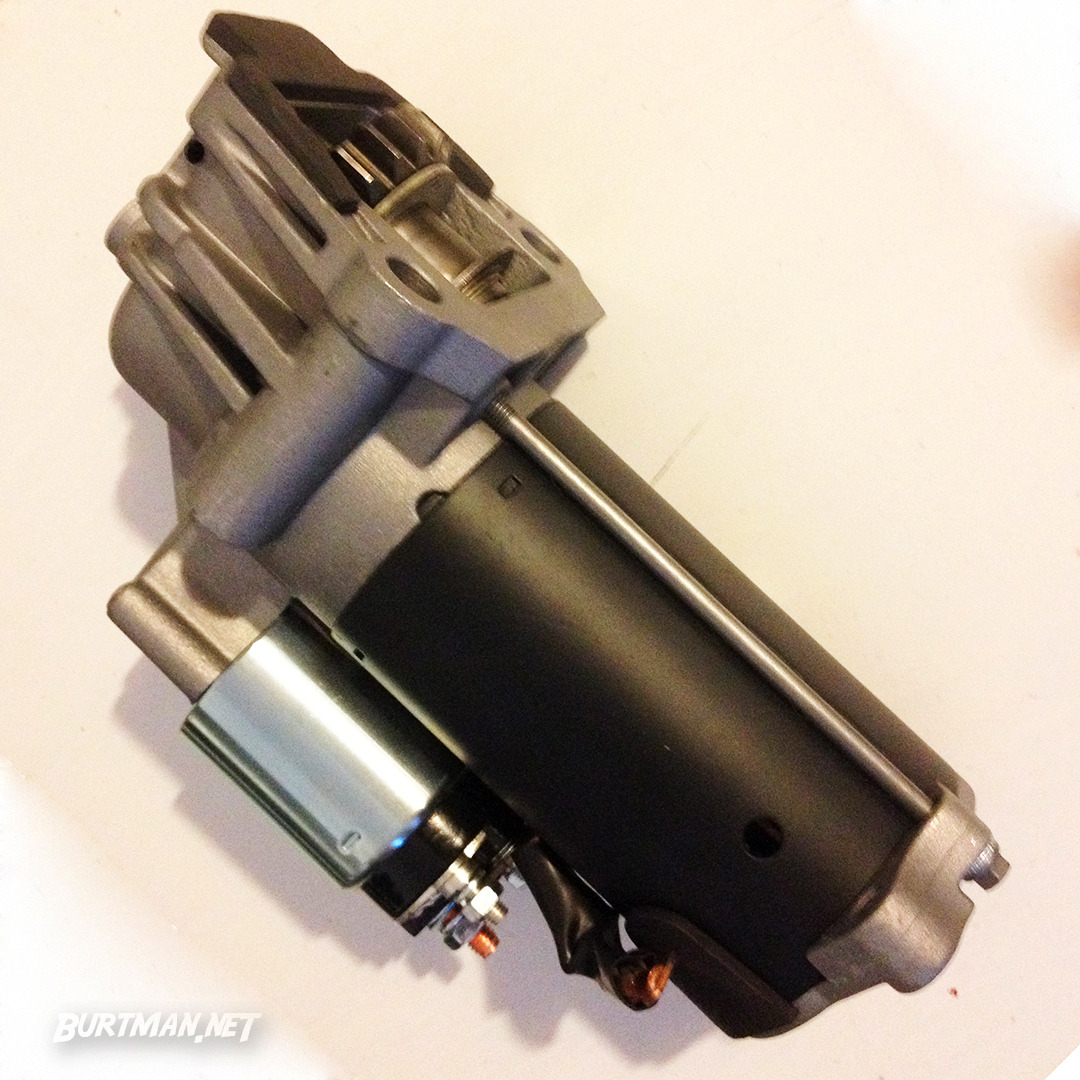
Also see:
Replacing The Starter Motor - Joel's Stuff
You need to enable javascript from Youtube (and possibly others), in order to see this video.
This video is for VW T4, which is a very common camper in many countries.
Spare Wheel
If it goes... Well... You'll know.
It's a legal requirement to carry a spare wheel in pretty much every country, and the tire must be in good condition, too. But rules aside, if you don't carry a spare wheel, you're asking for trouble.
Of course, you should also carry emergency tire repair, just in case your spare gets a puncture, too. There are several options, including tire weld and similar spray-in products, which are supposed to seal tye hole from the inside, but many don't work as well as advertised and all of them leave your wheel in a nasty mess that will bite you in the backside later on. But one product that does work well, albeit a temporary fix, is this cheap and easy hole filler:
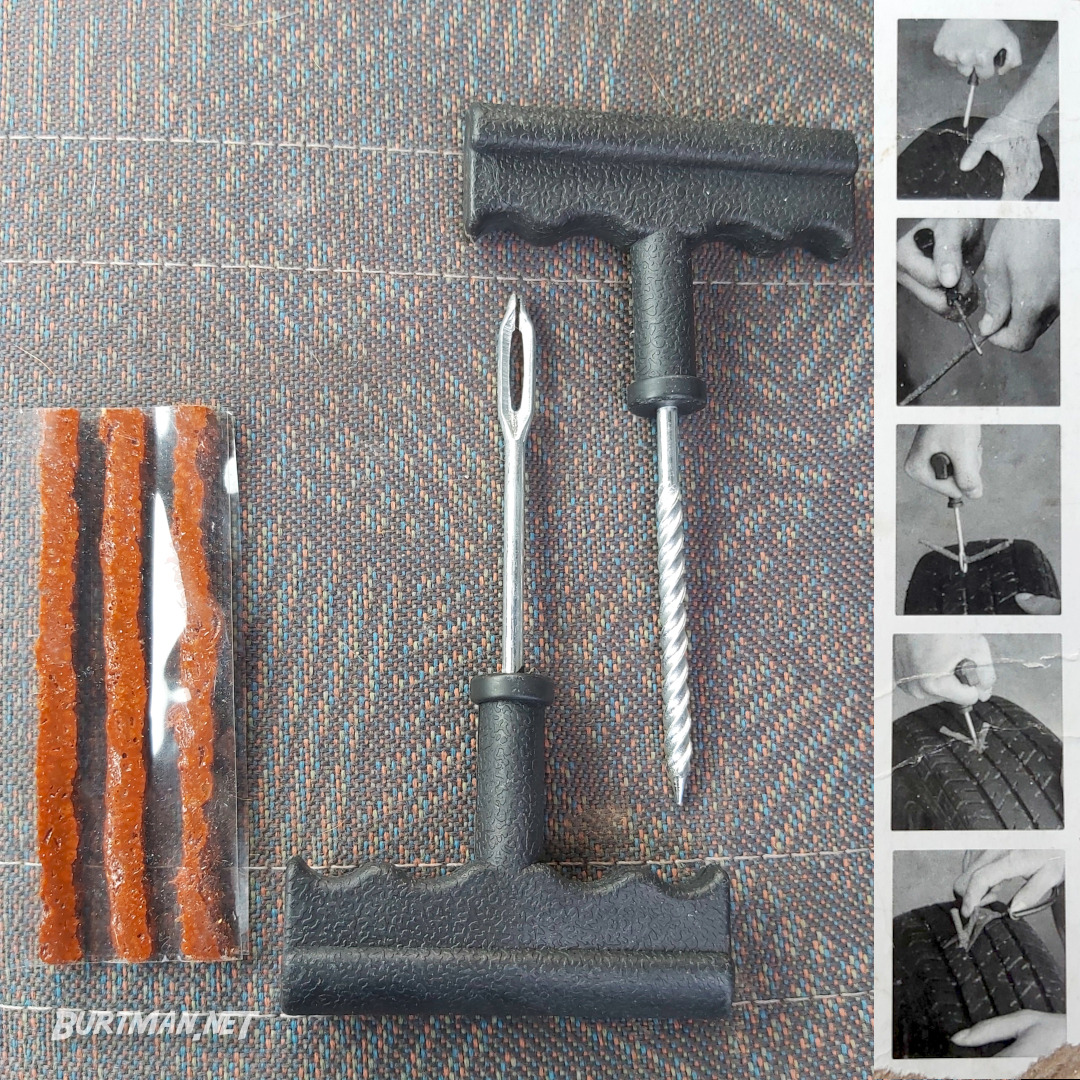
A short-term puncture repair that doesn't leave your wheel in a mess.
Info on using this is here: ![]() How To Change A Wheel
How To Change A Wheel
Light Bulbs
If it goes... Oh, you get the idea.
You have to carry spare bulbs in most places and you'd be foolish not to. Blowing a bulb at night means pulling in at the very next opportunity, until daybreak. That's not always convenient, especially in the winter, so let's not go there. A pack of spare bulbs will cost you the same as a terrible rest stop coffee and take up about as much space in the van. Depending on your vehicle, changing bulbs ranges from child's play to fairly easy.
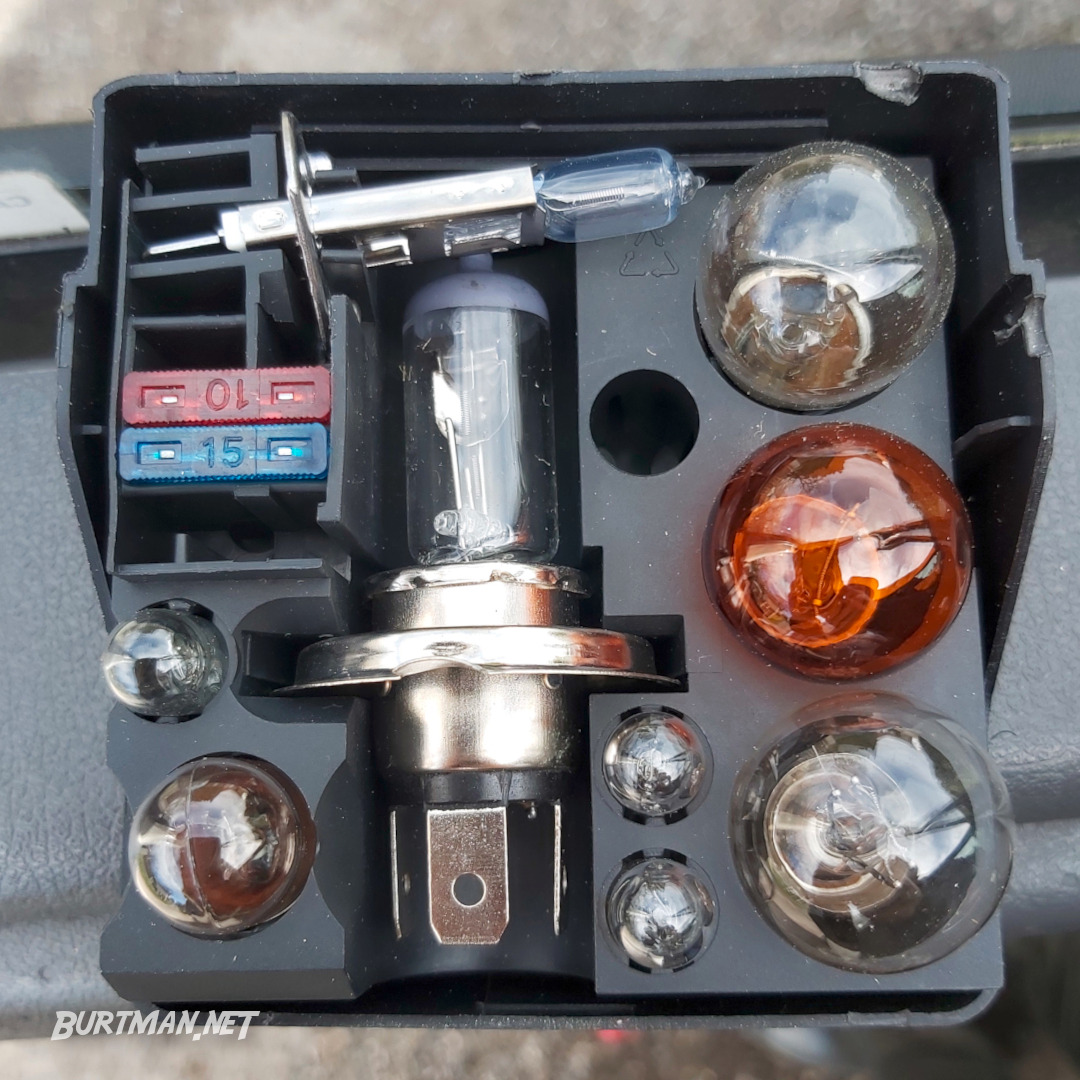
A box of spare bulbs from a gas station. Universal fitting for any car or van.
Also see:
Guide To Changing A Bulb - Chris Fix
You need to enable javascript from Youtube (and possibly others), in order to see this video.
Fuses
Blade fuses fit your vehicle's fuse boxes that protect all the circuitry on board. If there's a problem somewhere, the relevant fuse should blow. No problem, but it will need to be replaced before that device will work again.
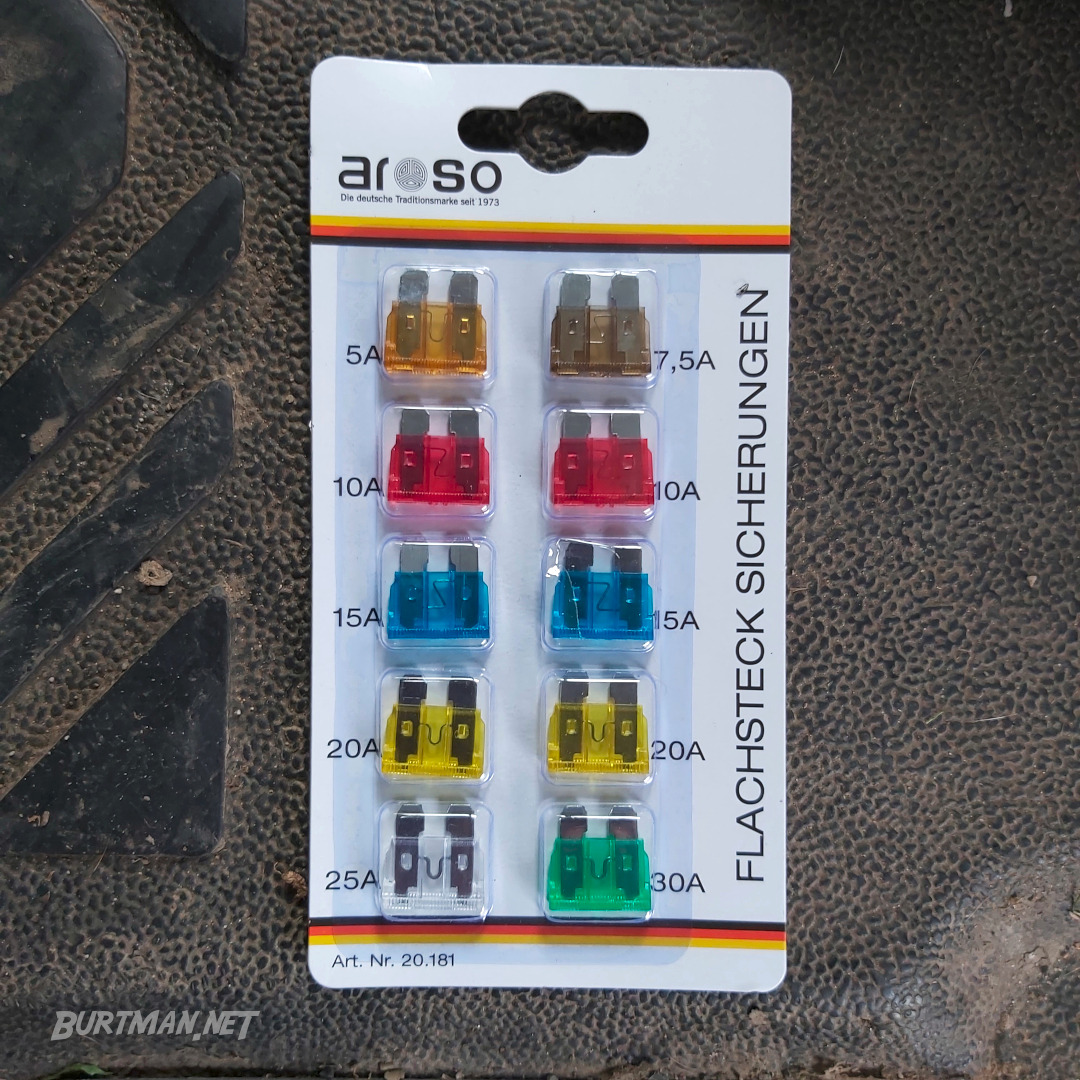
Spare fuses are cheap. You can pick them up in supermarkets, car shops and gas stations.
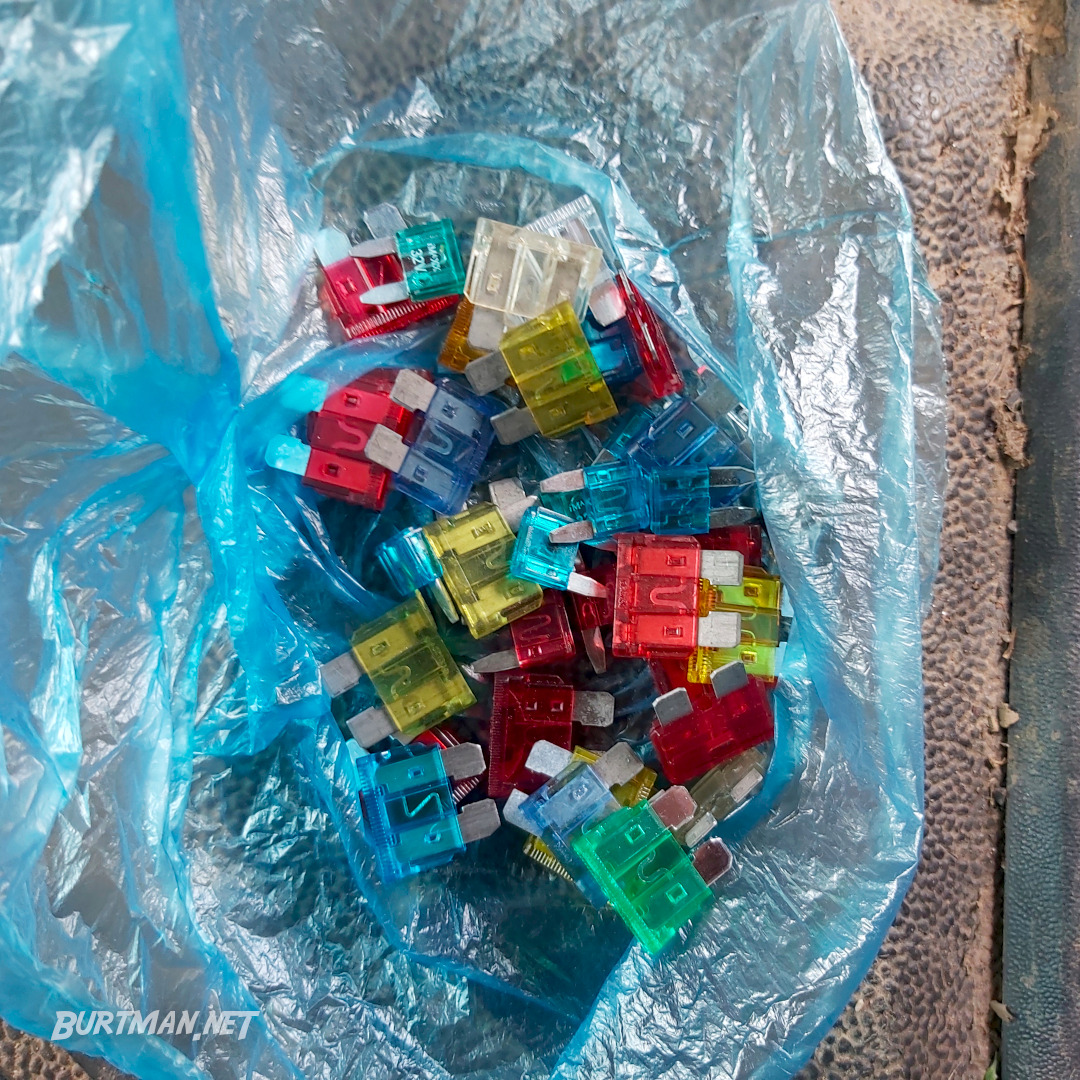
Have a bag of fuses in stock at all times. The more sizes, the better.
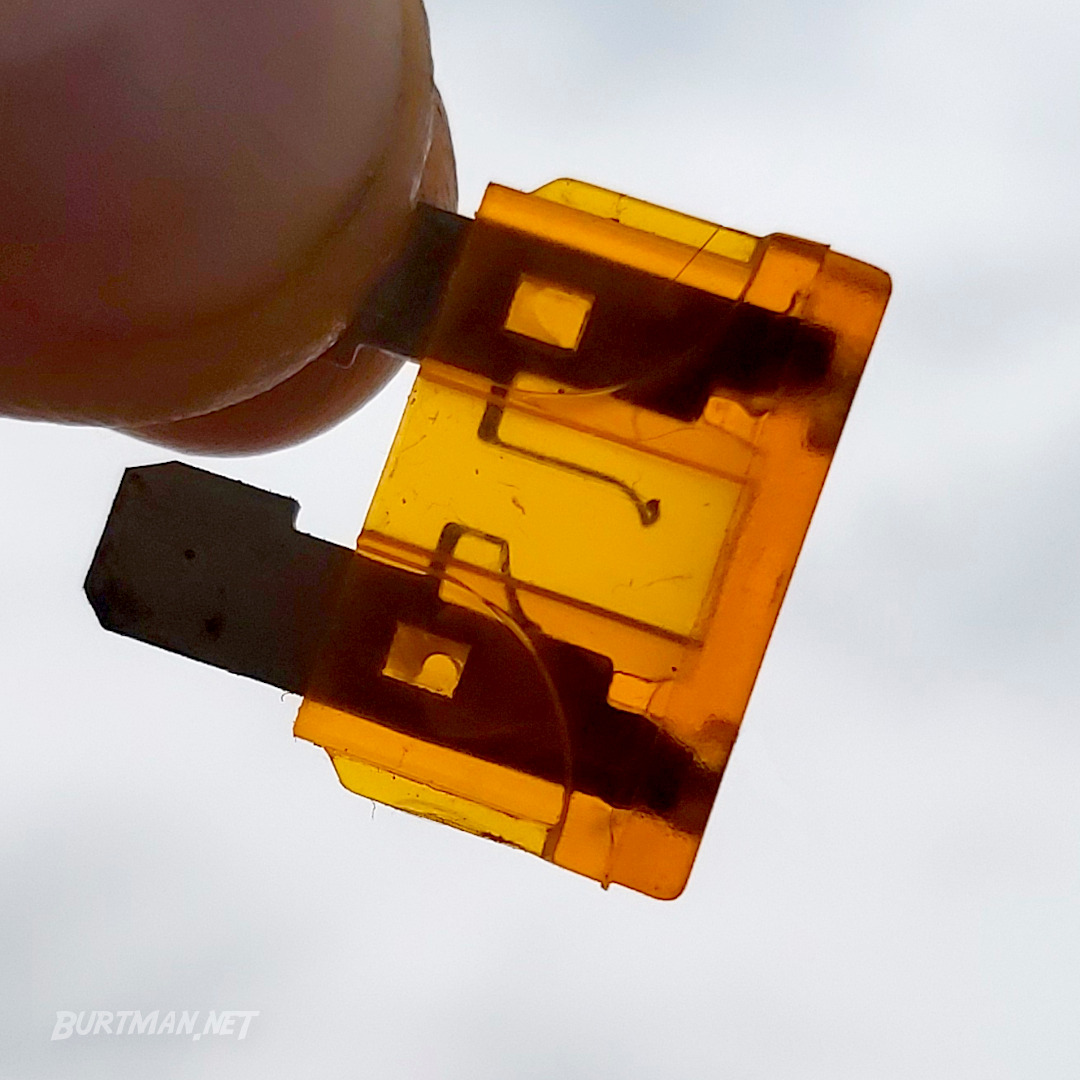
When a fuse blows, you can see the break inside.
Fluids
Antifreeze / Coolant
This doesn't need to be replaced often, but if you spring a leak in one of your hoses, and that can happen, a spare bottle could be just what you need to get you home without overheating. Hoses burst for many reasons, but most commonly, it's because they are old (you can tell because they are not very flexible and show cracks), something rubs, presses or twists them abnormally, or even because you made the engine work too hard and the pressure was too high for the hose (that can happen when you are in the wrong gear for a long time, or with a lot of weight / steep hill, for example).
By the way, hoses are rubber/silicon and pipes are metal/plastic. That's the answer you were looking for.
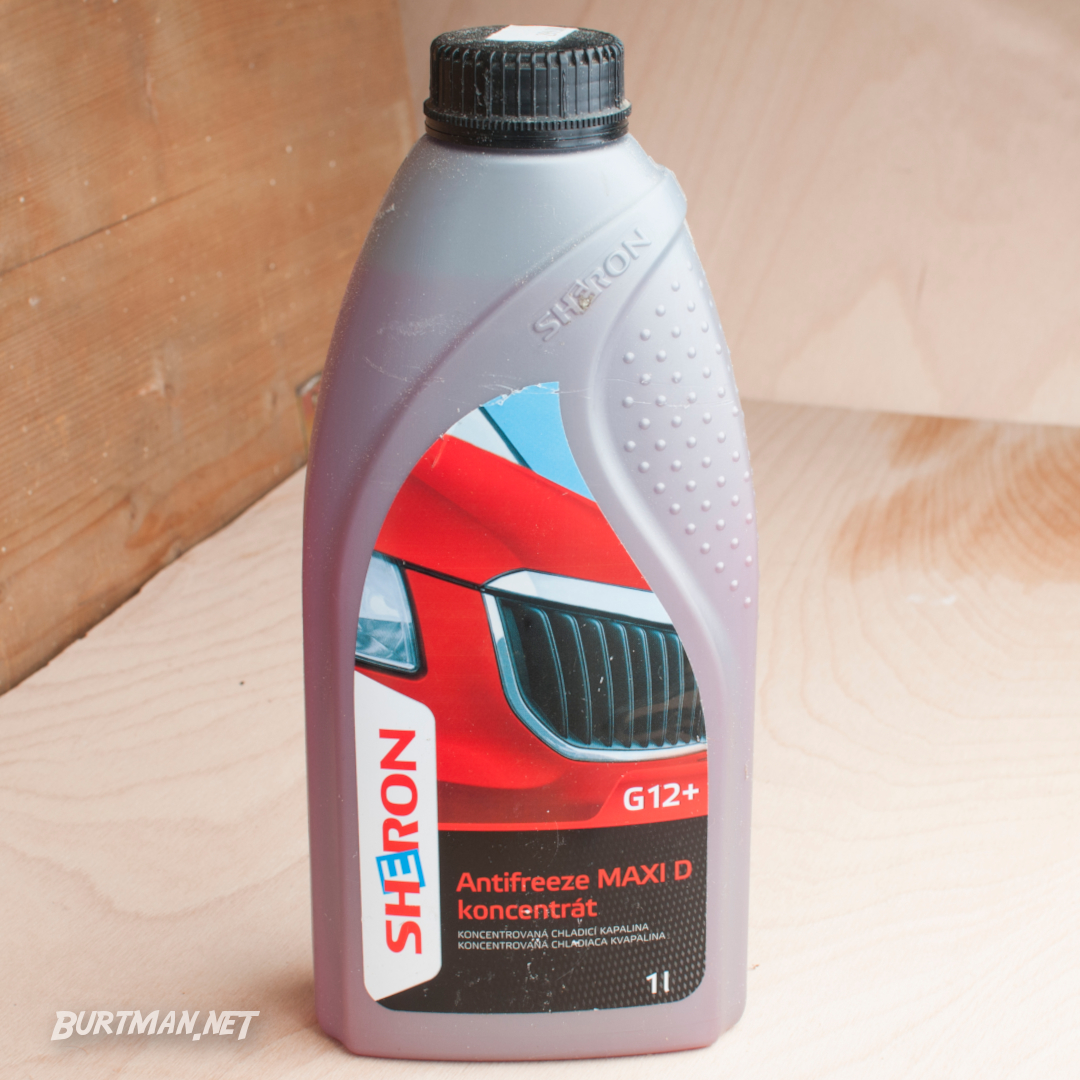
Antifreeze / coolant is pretty easy to spot at the gas station.
Screenwash
If you're in a dusty or rainy environment, you'll wash your windshield pretty often, so having a spare bottle of this stuff will help you out. We can't always get to a car wash tall enough for our vans, but as long as the glass is clean, we're good to continue on our way. Screenwash comes in pre-mixed and concentrated formulations, so some of them can be poured into the screenwash reservoir directly and others will need to be measured first. Check the bottle.

Don't under-estimate this one. Running out at the side of the road can mean walking for miles, if there even is somewhere to walk to. And in the mountains, or during holiday season, you could be stranded for days. Not worth it. Grab a 20L can from the next hardware store you pass and fill it up. Then forget about it. The idea is not to use it next time you run low and can't be bothered to find a station. It's there for where there isn't a station. That's when you're gonna be really glad you bothered.
WD40
Ask anyone. WD is the answer to many of van-life's problems. It's a universal lubricant that can free up stuck locks and hinges, stop squeaks in springs, doors, pulleys and more, and ease friction between things that are rubbing in ways they shouldn't.

It can even be used to clean your engine bay, so it looks like mine.
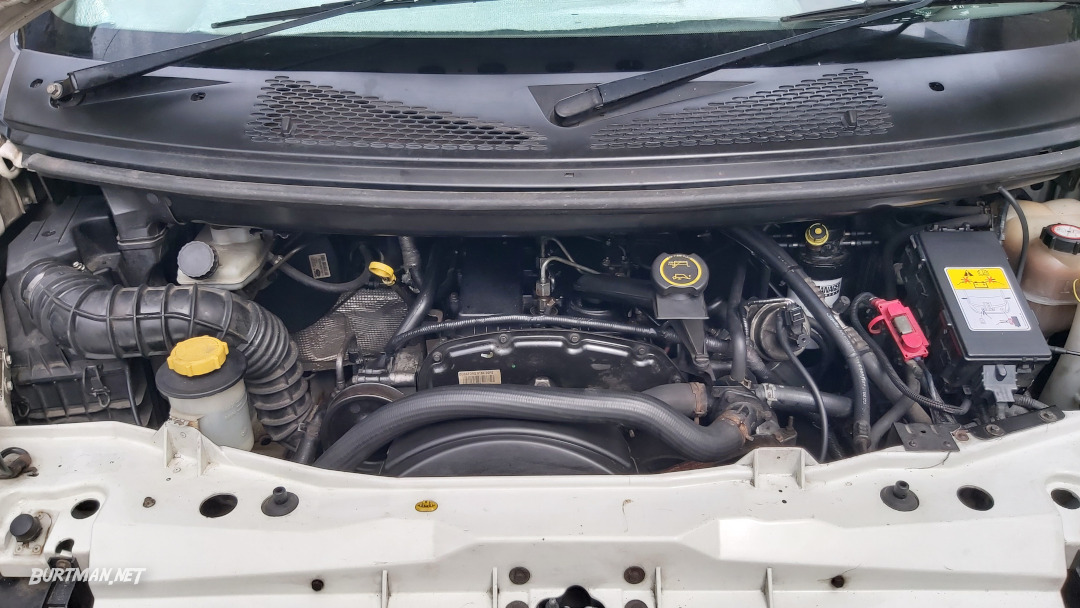
Brake Cleaner
Don't let the name fool you that this stuff is only good for brakes. A quick spray of this fluid will instantly remove engine oil and a variety of other unbelievable things from clothes, skin, concrete, glass, carpet and more. It's so cheap and so useful, I carry several tins.
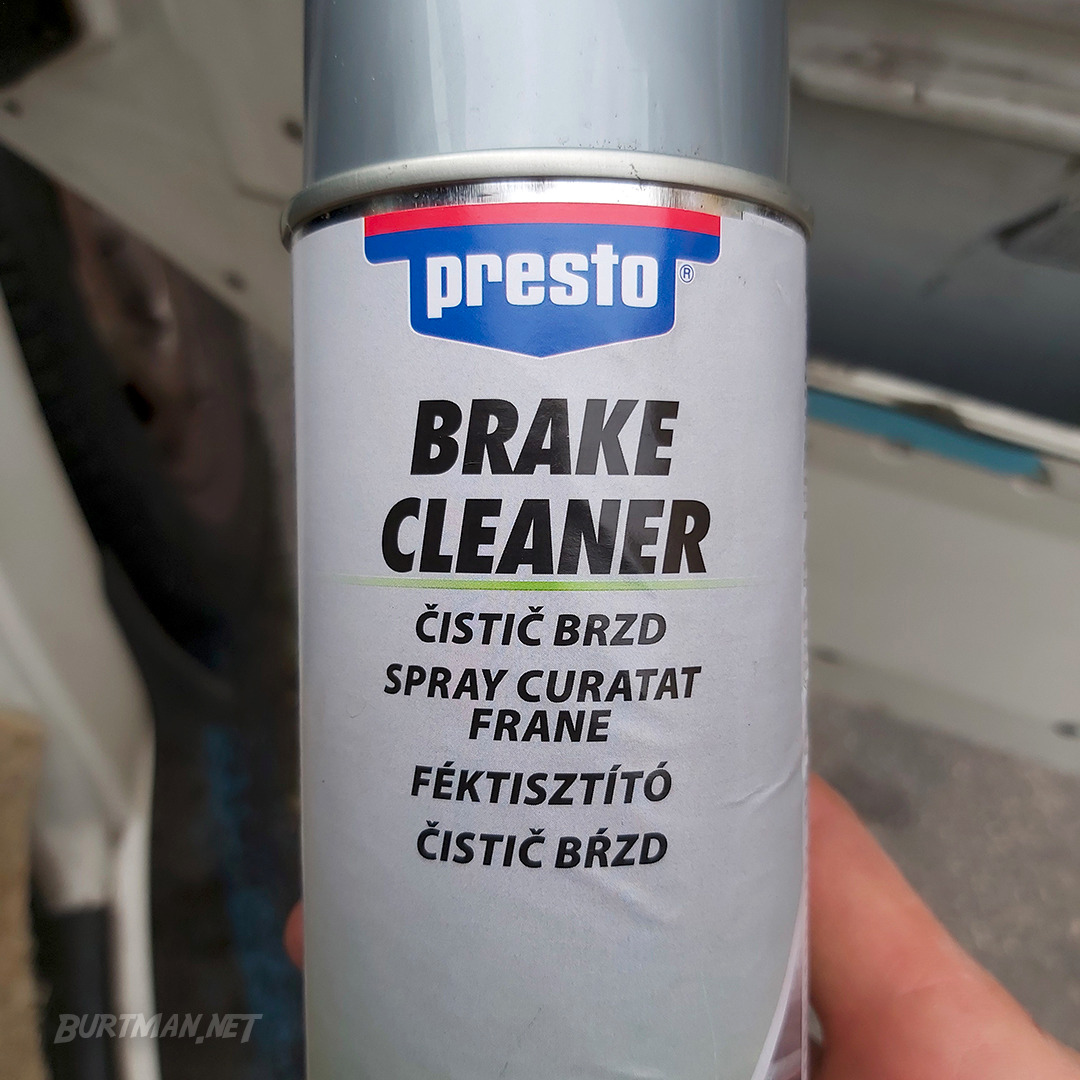
Multipurpose Oil
A simple lubricant that can ease sticking locks, rails, hinges, etc.. If you find WD40 is too thin for your needs, this is a bit thicker and can work more effectively on slightly more heavy duty applications, like sliding doors and towing gear.

Sign In To Leave A Comment
There are no comments marked as public for this item.
Stay Up To Date
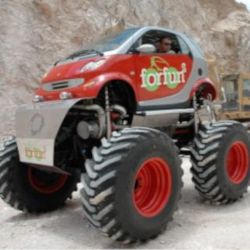




 Before You Set Off
Before You Set Off Read around 2,800 times
Read around 2,800 times For Everyone
For Everyone